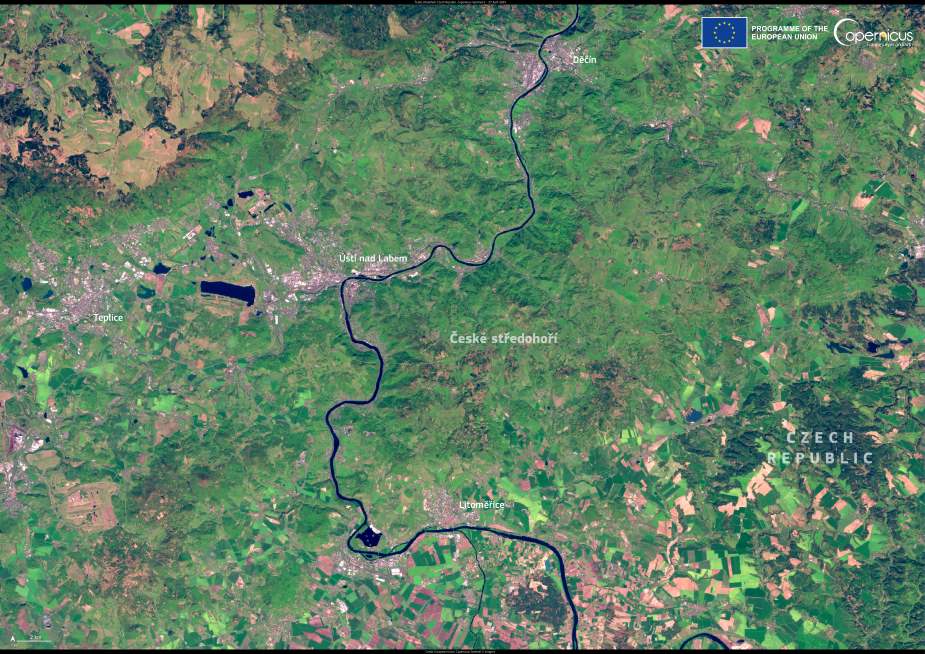By Sara HUSSEIN | AFP
Bangkok, Thailand (UPDATED) – Thailand may have to consider relocating its capital Bangkok because of rising sea levels, a senior official in the country’s climate change office told AFP on Wednesday.
Projections consistently show that low-lying Bangkok risks being inundated by the ocean before the end of the century.
Much of the bustling capital already battles flooding during the rainy season.
Pavich Kesavawong, deputy director-general of the government’s department of climate change and environment, warned that the city might not be able to adapt with the world on its current warming pathway.
“I think we are beyond the 1.5 (degrees Celsius) already,” he told AFP, referring to the increase in global temperatures from pre-industrial levels.
“Now we have to come back and think about adaptation.”
“I imagine Bangkok will be under water already, if we stay in our (current) circumstance.”
Bangkok’s city government is exploring measures that include building dikes, along the lines of those used in the Netherlands, he said.
But “we’ve been thinking about moving”, Pavich said, noting that the discussions were still hypothetical and the issue was “very complex”.
“Personally I think it’s a good choice, so we can separate the capital, the government areas, and business areas,” he said.
“Bangkok (would) still be the government capital, but move the business.”
Climate impacts
While a move is still a long way from being adopted as policy, it would not be unprecedented in the region.
Indonesia will inaugurate this year its new capital Nusantara, which will replace sinking and polluted Jakarta as the country’s political centre.
The mammoth move has been controversial and extremely expensive, with an estimated price tag of $32 billion to $35 billion.
Thailand is suffering the effects of climate change across a range of sectors, from farmers struggling with heat and drought to tourism businesses affected by coral bleaching and pollution.
It has closed several national parks in response to recent coral bleaching and Pavich said further closures were possible.
“We have to save our nature, so we think that we will do any measure to protect our resources,” he said.
However, Pavich acknowledged that government efforts to tackle the growing problem of air pollution, particularly in Thailand’s north, had yet to bear fruit.
The cabinet approved a bill focused on clean air this year, and Pavich said national parks officials had stepped up efforts to prevent and put out fires in protected areas.
“The agriculture sector is very challenging for us,” he said, referring to continued post-harvest burning that is a major contributor to seasonal haze. An improvement is not likely for several years.
More immediately, his department — part of the Ministry of Natural Resources and Environment — is pushing Thailand’s first climate change legislation, which has been in the works since at least 2019 but was shelved during the Covid-19 pandemic.
Pavich said the legislation, which includes provisions on everything from carbon pricing to mitigation and adaptation measures, is likely to pass into law this year.
Thailand is targeting carbon neutrality by 2050, and net-zero by 2065.
sah/pdw/sco
© Agence France-Presse
Featured image: Downtown and business district in Bangkok Thailand Credit: Wiroj Sidhisoradej | Freepik.com




